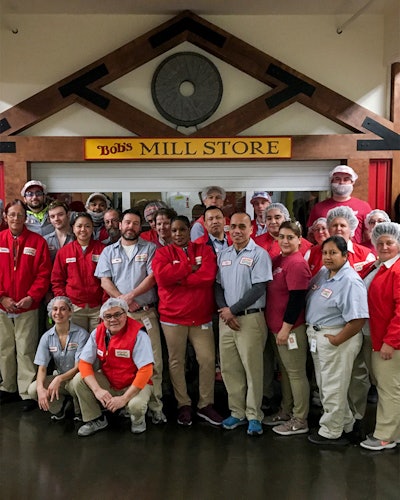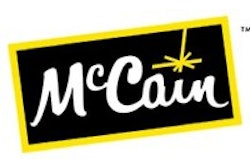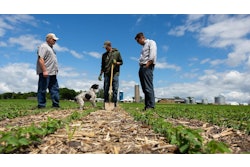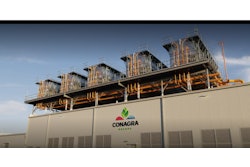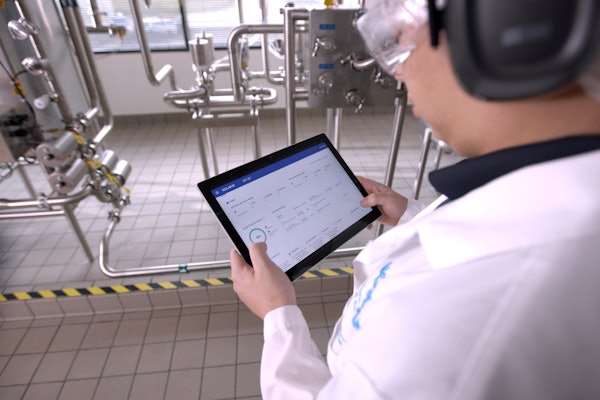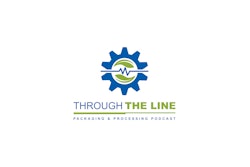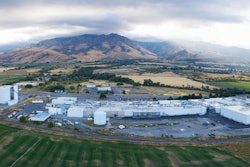Committed to creating a sustainable future while inspiring joy with wholesome foods, Bob's Red Mill Natural Products fosters nourishing a healthy planet. One of the company’s main goals is reducing food loss from farm to fork through wasted food rescue. “By rescuing unavoidable scrap, we are avoiding climate emissions that would occur downstream,” says Julia Person, sustainability manager for Bob's Red Mill. “We donate food to local non-profits, as well as send inedible product to animal feed. Another way we are furthering this work is by joining the Pacific Coast Food Waste Commitment to collectively work with other food businesses to cut food waste in half by 2030.”
The Milwaukie, Ore.-based company's materials management focus extends beyond food waste to refuse, reduce, reuse, and recycle the maximum possible material flow at the plant, with a goal to reach zero waste. At Bob's Red Mill, wasted food rescue and materials management programs have helped reduce operations costs for the employee-owned company and have a positive impact both environmentally and socially in the local community.
“In 2021, we kept over 385,000 lb of edible food from going to waste, upcycled 2,293 tons as animal feed instead of landfill or compost waste, and recycled more than 1,600 tons of materials such as cardboard, plastic, metal, and wood,” states Person. “Our food donations help provide healthy, wholesome food to those in need in our surrounding community.” Through donations to the Oregon Food Bank network, Bob's Red Mill provided 161,521 meals to those experiencing hunger in 2021. It donated rescued food to four main organizations in the Portland, Ore., metro area—Oregon Food Bank, The Canby Center, Sunshine Division, and Gleaners of Clackamas County.
In 2021, Bob's Red Mill recycling diversion rate, or rate of materials diverted from the landfill, was 90.8%; 4,201 tons of materials were recycled or upcycled. “While we would practice the food waste rescue and recycling programs regardless of ROI, the programs were able to generate net revenue in 2021,” explains Person. “This revenue figure is after waste disposal costs are subtracted.”
The company saw costs for manpower and disposal, but generated value for baled cardboard, baled plastic film, reused pallets, recycled metal, and upcycled feed.
The project timeline was approximately two months to collect data from variety of sources and an additional two months to onboard a new commodity recycler and feed upcycling company.
In addition, uncalculated savings for this program included reduced carbon emissions relating to food waste not reaching the landfill or compost facility.
“We only have one year of recycling data,” Person says. “In total with upcycling, reuse, and recycling efforts, we diverted 4,201 tons (8,402,599 lb) in 2021.
“Knowing that our local community needs nutritious food, we connected with non-profits to get our rescued food donated. In addition, in 2021, we examined our feed upcycling program and found opportunities for improvement by working with a new partner to ensure the maximum amount of feed is upcycled.”
With the start of its official sustainability program in 2021, Bob's Red Mill measured its baseline and collected information on all materials flow. Person says having this data lets the company know what it is not yet diverting from the landfill and focus on improvements.
Bob’s Red Mill set up processes with machine operators to intercept product from the waste stream and trained the material handling team to identify donatable items. For scrap product going to the animal feed stream, Person recommends thoroughly vetting any sustainability partners to ensure that material flow is timely, and communication is strong.
The project won a Sustainability Excellence in Manufacturing Award from ProFood World.
